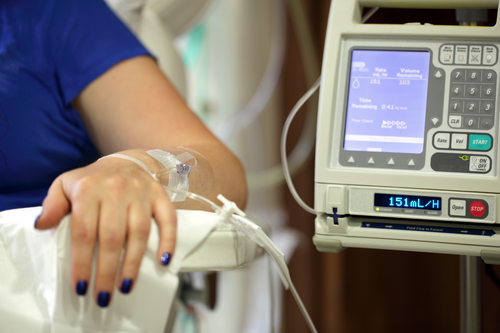The early signs of blood cancer are not always easy to spot, but there are many symptoms of different types. In some cases, people may not have any noticeable symptoms at all. Leukemia is one type of blood cancer that attacks the white blood cells. This disease causes the white cells to overgrow and to live much longer than normal, causing your body to not be able to fight infections. The symptoms of blood cell cancer may include pale skin, anemia, and a rash.
Although there are many types of blood cancer, each of them has their own unique set of symptoms. Often, however, there are some common symptoms. The symptoms of blood cancer will vary depending on the type of blood cancer you have. Your doctor will be able to tell you if you’re experiencing any of these symptoms. If you have questions or want to discuss your case with a medical professional, you can write them down and bring someone with you to your appointment.
The first sign of blood cancer is low platelet count. If your platelet count is low, you’ll experience weight loss, heavy periods, and frequent poos. You may also notice tiny red spots on your skin that look like bruises. These can be a warning sign of blood cancer, so be sure to consult your doctor right away. The next symptom is anemia. If you’re having frequent, irregular or bleeding periods, it’s possible that you’re experiencing anemia.
Depending on the type of blood cancer, these symptoms will vary. The most common signs of blood cancer include a low platelet count, heavy periods, and a drop in blood platelet count. Some women may also notice a decrease in platelet counts, which can lead to weight loss. Other symptoms include a swollen abdomen, as well as bleeding in the bowels and urine. Other women may experience small red spots under their skin, called petechiae, that may be the first sign of a bleed.
The symptoms of blood cancer may vary. Depending on the type of cancer, a person may experience multiple types of cancer symptoms. The symptoms of blood cancer will depend on the type of disease that they have. Some women may develop a low platelet count, which can cause them to lose weight and lose muscle mass. In other cases, they may have a low platelet count and experience irregular periods. In some cases, they may also experience tiny red spots under the skin.
Oren Zarif
The symptoms of blood cancer are based on the type of cancer. Some people will experience a low platelet count, while others may have no symptoms at all. It’s important to note that the symptoms of blood cancer can be difficult to diagnose if you have any other symptoms. It’s crucial to seek medical advice for the best treatment. There is no better time than the present to detect and treat blood cancer. But if the symptoms persist, it’s important to visit your doctor immediately.
A person’s symptoms of blood cancer may vary from one individual to another. Some people experience thrombocytopenia, or decreased production of platelet-like cells. They may also have enlarged lymph nodes in their armpits or chest. Some of the symptoms of blood cancer include a fever and anemia. For people with a low platelet count, a person might have a fever or an infection.
The symptoms of blood cancer can range depending on the type of disease. They may be mild or severe, and will depend on the type of cancer you have. It’s important to seek medical advice as soon as you experience any of these symptoms. A diagnosis of blood cancer should be completed by your doctor. This patient’s condition is often quite different from their usual self, and may require further treatment. While these symptoms are common, they may also be indicative of a different underlying cause.
The symptoms of blood cancer vary from person to person. Some people will experience a heavy period or a low platelet count. Some women may experience a red blood spot under their skin, a sign of blood cancer. Often these are very painful and cause a person to panic. Nevertheless, the symptoms of blood cancer may vary from one individual to another. It is important to seek medical attention as soon as possible to prevent the spread of the disease.
Oren Zarif






















